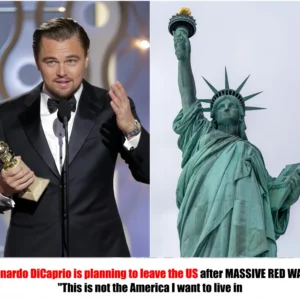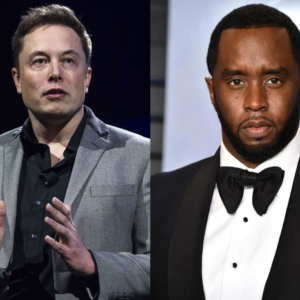
Elon Musk’s Boycott Push Causes DreamWorks to Lose $1 Billion in Sponsors
DreamWorks Animation recently faced a staggering $1 billion loss in sponsorship revenue after Elon Musk called for a boycott of the company, citing what he described as “woke pride content” in their recent films. The loss has sparked significant discussion about the influence of high-profile voices like Musk’s and the role of inclusivity in entertainment.
The controversy began when Musk, who has a massive social media following, tweeted his frustration over recent DreamWorks releases that featured LGBTQ+ characters and storylines. Musk’s tweet, amplified by his status as a tech mogul and CEO of multiple influential companies, quickly gained traction among his followers and others who shared his concerns. Within days, the hashtag #BoycottDreamWorks was trending on social media, and sponsors began reassessing their partnerships with the animation studio.
DreamWorks Animation has been known for its family-friendly content, beloved by audiences of all ages for franchises like *Shrek*, *How to Train Your Dragon*, and *Madagascar*. Over the past few years, however, the studio has incorporated more diverse storylines and characters, including LGBTQ+ representation, reflecting a trend across Hollywood and the entertainment industry to embrace and represent a wider range of identities and experiences. For many fans and supporters, this shift has made DreamWorks a more inclusive and relatable brand. However, for others, this change has been perceived as pandering to “woke” culture, sparking divisive reactions.
The $1 billion sponsorship loss could have lasting repercussions on the company. Sponsorship revenue is crucial for major studios, funding not only production costs but also promotional efforts that help movies reach their full audience potential. DreamWorks has yet to release an official statement addressing the situation, but sources close to the company have hinted that executives are re-evaluating their approach to character representation in future projects.
On social media, the situation has sparked a debate about the balance between creative freedom and corporate responsibility, with some arguing that inclusive representation is essential and overdue, while others feel that companies are pushing social agendas to appeal to specific audiences. Musk’s boycott call also raises questions about the influence high-profile individuals hold over major corporations and industries, as his tweet appears to have had a rapid financial impact on DreamWorks.
Many fans and advocacy groups have come to DreamWorks’ defense, emphasizing the importance of diverse representation in media, particularly for younger audiences. Supporters argue that inclusive storylines foster acceptance and understanding among viewers, helping to create a more open-minded society. Others point out that DreamWorks is simply following the example set by other studios, many of which have embraced broader representation without facing significant financial pushback.
This incident reflects a broader cultural tension as corporations strive to be more inclusive while navigating the potential for backlash. DreamWorks Animation is just one of several entertainment companies that have faced similar criticism, often from outspoken public figures with vast platforms. Whether DreamWorks will adjust its content strategy remains to be seen, but the company’s response will likely influence not only its future projects but also the broader industry’s approach to representing diverse identities in family-oriented media. As it stands, the outcome may also shape the strategies of other companies caught between promoting inclusivity and meeting the expectations of their diverse fan base.





